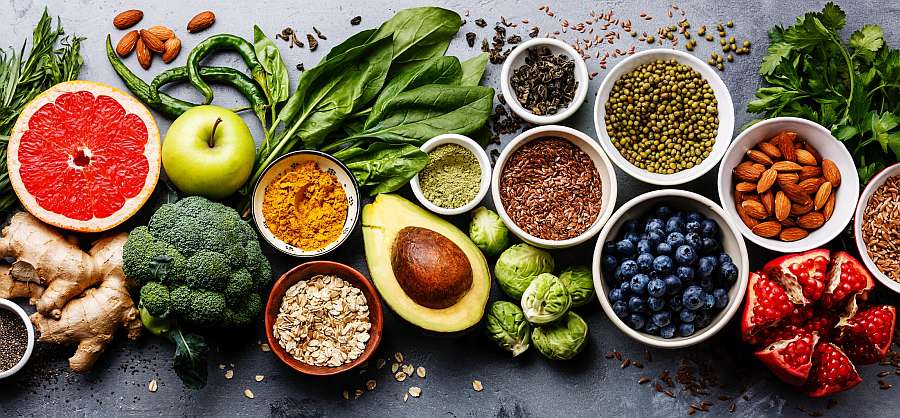
Acne is the most common skin disorder among teenagers and young adults. There are many acne causes: hormones, stress, lifestyle, diet, etc. In the last few years, the Acne diet has been widely studied. It consists mainly of reducing the consumption of lactose and sugar to slow down the development of acne and allow the skin to regenerate.
Acne diet: The essential points
- Reduce sugar consumption
- Favor foods with a low glycemic index
- Limit lactose consumption
- Adopt a nutrient-rich diet
- Filling up with Omega-3
- Benefits of acne nutrition on the skin
- The anti-acne diet has many benefits on the quality of the skin, it could help to :
- Slow the development of acne
- Limit sebum production
- Regulating hormone production
- Nourish the skin and make it clearer
- Avoid skin blemishes
- Promote healing
Does diet cause Acne in adults?
Among the factors that contribute to the development of acne is the effect of androgens, hormones that stimulate the sebaceous glands and which in turn produce more sebum, thus increasing the number of lesions. These hormones are very active during adolescence, which is why there are more cases of acne in this age group. In addition, a genetic predisposition to this skin disorder, stress, and body mass index (BMI) may also play a role in the development of acne.
The anti-acne diet has been extensively studied in recent years without giving clear conclusions. There is much controversy about its role in this skin disorder. This fact sheet is, therefore, a summary of the most recent studies on this subject. Do milk, chocolate, alcohol, fat, sugars, really have a link with acne? According to current scientific literature, the diet has a role to play in acne, but only when it is well established. In short, diet could not cause acne but rather aggravate it if it is already present.
A diet with a high glycemic index and frequent consumption of dairy products would be the main dietary factors favoring acne.
Dietary recommendations for Acne
Anti-acne nutrition could have a very positive effect on the overall quality of the skin. Indeed, by slowing down hormone production and providing the right nutrients to the body, acne may be visibly reduced through diet. The following dietary measures should be complemented by a healthy lifestyle for optimal effectiveness.
Adult Acne: The recommended diet
The Acne diet aims to incorporate more low glycemic index foods to reduce the availability of androgens, which are involved in the development of acne. In addition, a diet rich in nutrients, omega-3, and dairy substitutes would be beneficial and could visibly reduce skin blemishes. For impressive results, we recommend the use of Dr. Elix Acne Treatment Serum as it acts directly on acne breakouts and pimples, as well as fades fastly acne spots, regulates sebum production, and balances the skin texture in addition to true protection and subtle dry moisturizing. We can’t forget to recommend the prodigious Prickly pear seed oil as a supplement to maintain your skin balanced while providing premium beauty ritual touch.
Low glycemic index diet
A diet rich in foods with a high glycemic index would stimulate the production of an insulin-like growth factor (IGF-1), which would lead to increased availability of androgens, hormones involved in the development of acne. Following a diet with a low glycemic index could, therefore, be beneficial for people with acne. In fact, research has indicated greater improvement in the number of lesions with a low glycemic index diet. The Glycemic Index (GI) is a scale that ranks carbohydrate-containing foods based on their effect on blood glucose levels.
Low GI foods to include in the acne diet are :
- Fruit
- Vegetables
- Pulses
- Oilseed
- Meat
- Poultry
- Eggs
- Vegetable milk
In addition, a low glycemic index diet is generally low in saturated fat and rich in fruits, vegetables, and whole grains and can only provide additional health benefits. Indeed, the health benefits of a low glycemic index diet can have multiple benefits beyond acne, including weight management and reduced risk of diabetes.
Dairy substitutes
In case of acne and if you wish to remove dairy products from your diet, you should look for alternatives to these products. Dairy substitutes can help meet calcium and vitamin D requirements.
Non-dairy sources of calcium are: Soy derivatives: soy milk, soy cream, soy puddings, and yogurts
Other milk substitutes: enriched almond, rice, sunflower or hemp milk, Calcium-enriched fruit juices, Canned tuna, and salmon with bones
Soy beverage is the best substitute for milk because it contains about the same amount of calcium, vitamin D, and protein. On the other hand, almond or rice drinks are less nourishing because they contain very little protein. In addition, white beans, green vegetables such as cabbage, green beans, or broccoli, and some nuts such as almonds or Brazil nuts also contain calcium.
The main sources of vitamin D are fatty fish, egg yolks, margarine, soy beverage, and shiitake mushrooms. Vitamin supplements may be indicated in some cases.
Omega-3
The role of omega-3s in acne remains little known. Although some studies have shown a role for Omega-3 in reducing pro-inflammatory molecules that can aggravate acne, the number of studies to date on the relationship between Omega-3 fatty acids and skin disorders is rare and the evidence is weak. On the other hand, even though it has not yet been scientifically proven that the consumption of omega-3 fatty acids has a positive impact on acne, it has already demonstrated many benefits in terms of cardiovascular disease and certain mental illnesses.
The main sources of omega-3 to include in your Acne Diet are :
- Salmon
- Sardine
- Mackerel
- Herring
- Tuna
- Walnuts
- Linseed and oil
- Rapeseed and nut oil
- Hemp and chia seeds
Ketogenic diet
The ketogenic (low carbohydrate) diet has been proposed as the diet that may decrease inflammation and thus affect IGF-1 growth factors. As a result, it may also reduce the severity and progression of acne lesions. The ketogenic diet is very low in carbohydrates, moderate in protein and very high in lipids (fats).
Micro-nutrient rich diet
Data on the beneficial effects of certain nutrients such as zinc, antioxidants, vitamin A and dietary fiber on acne are limited. However, it can be said that a diet rich in micro-nutrients promotes cell regeneration and significantly improves skin quality in general. A balanced and varied diet rich in fruit and vegetables, proteins, and good fats is therefore recommended to fight acne.
Other recommended foods:
- Antioxidants
- Lean proteins
- Fruits and Vegetables
- In addition to physical activity
Acne diet: Food not recommended
As part of the acne diet, the consumption of foods that stimulate the production of acne-causing hormones should be reduced. This is especially the case with sugar, refined products, and dairy products. However, these measures must be combined with a healthy overall lifestyle to achieve good results. A sedentary lifestyle, alcohol, and smoking can affect skin quality as much as a poor diet.
Refined products, sugar, and acne
Sugar is the food with the highest glycemic index. It stimulates androgens availability and stimulates acne development. Sugar is also involved in the process of chronic inflammation and represents a non-negligible risk of being overweight. This is why sugar and acne are not a good combination.
In addition, refined foods have a high glycemic index. They should be limited in favor of foods with a lower glycemic index. Here is a table that will help you make the right food choices as part of the anti-acne diet:
Did you know that? The glycemic index of al dente pasta is lower: cooking, crushing, and pureeing food increases its glycemic index. The main factors that influence the glycemic index of food are its fiber, protein, and fat content.
Milk and dairy products
Dairy products would be associated with acne increases. They cause an increase in the secretion of IGF-1. In addition, milk naturally contains IGF-1, and the concentrations remain high even after pasteurization, homogenization, and digestion of the milk. This would be even truer with skimmed milk, as whole milk causes less skin damage in case of acne. Milk proteins (casein and whey) would be the cause. Numerous studies have shown a possible link between milk consumption and acne. They suggest a possible association between diet and acne. However, no precise and more rigorous studies have been conducted to evaluate the precise relationship between dairy products and acne.
It is very important that people who wish to reduce or eliminate dairy products from their diet make sure that they meet their daily vitamin and mineral requirements, especially calcium and vitamin D.
Other foods not recommended :
- Salt
- Saturated and trans fats
- Industrial and processed products
- Chocolate
- Alcohol
- Tobacco
- Inactivity
- Sodas
Practical tips for daily acne diet monitoring
- Have at least 2 portions of oily fish per week.
- Cooking to the max and avoiding ready meals and processed products
- Use olive oil for cooking and add rapeseed oil to salads.
- As a snack, think about oilseeds.
- Make sure you get a good portion of protein at every meal.
- Sprinkle flax, chia, or hemp seeds on salads, yogurt, or soups.
- Choosing wholemeal bread and starches
- Make pastries with wholemeal flour and compote to replace sugar.
- Avoid the salt shaker at the table
- Replace alcohol with vegetable juices as an aperitif.
Dr. Elix – Nature’s Finest Elixirs


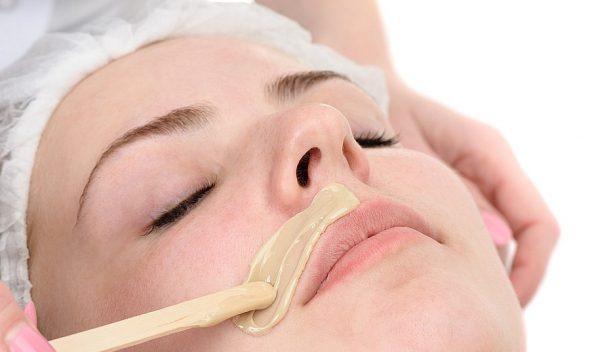
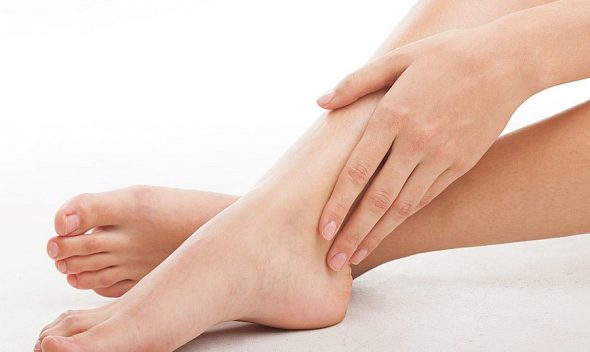

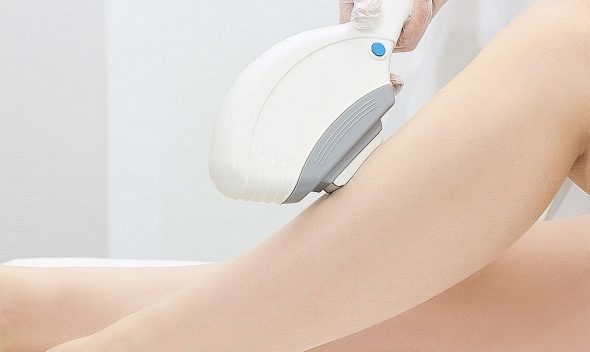
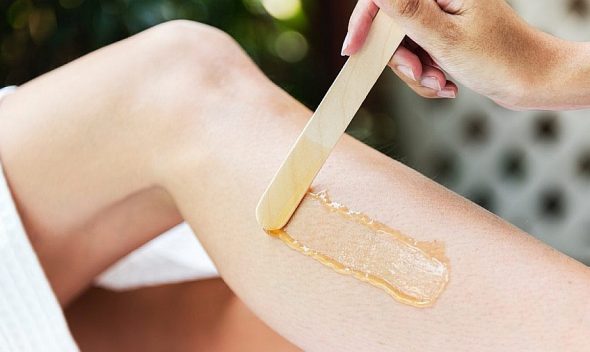
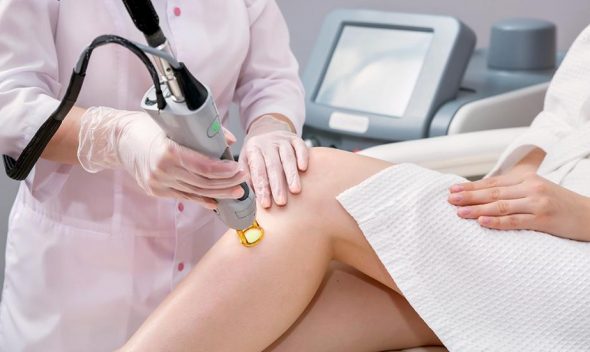
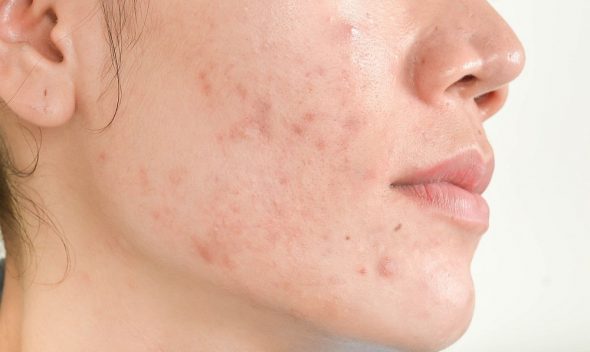
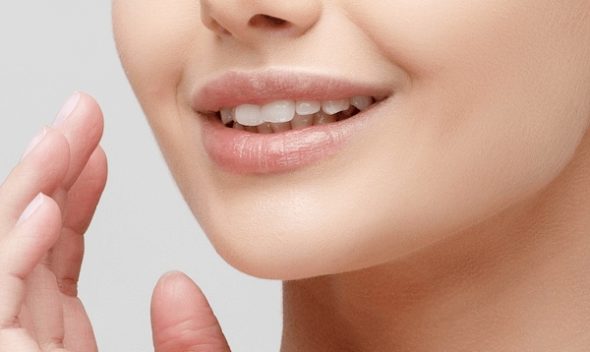
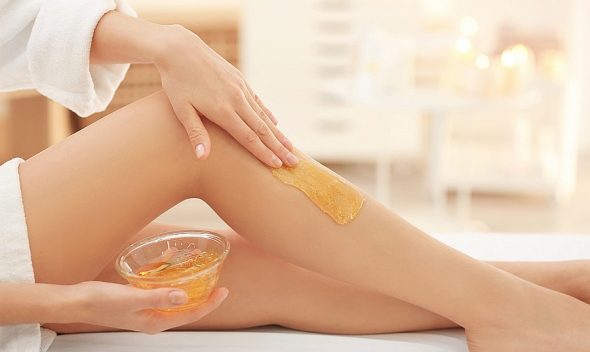
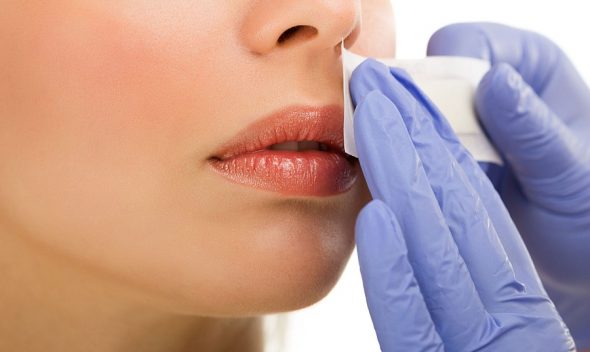
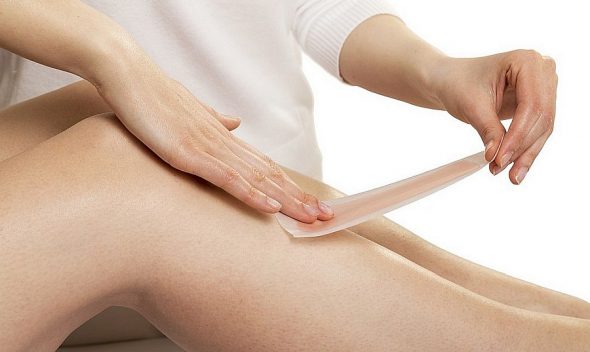
Leave a comment